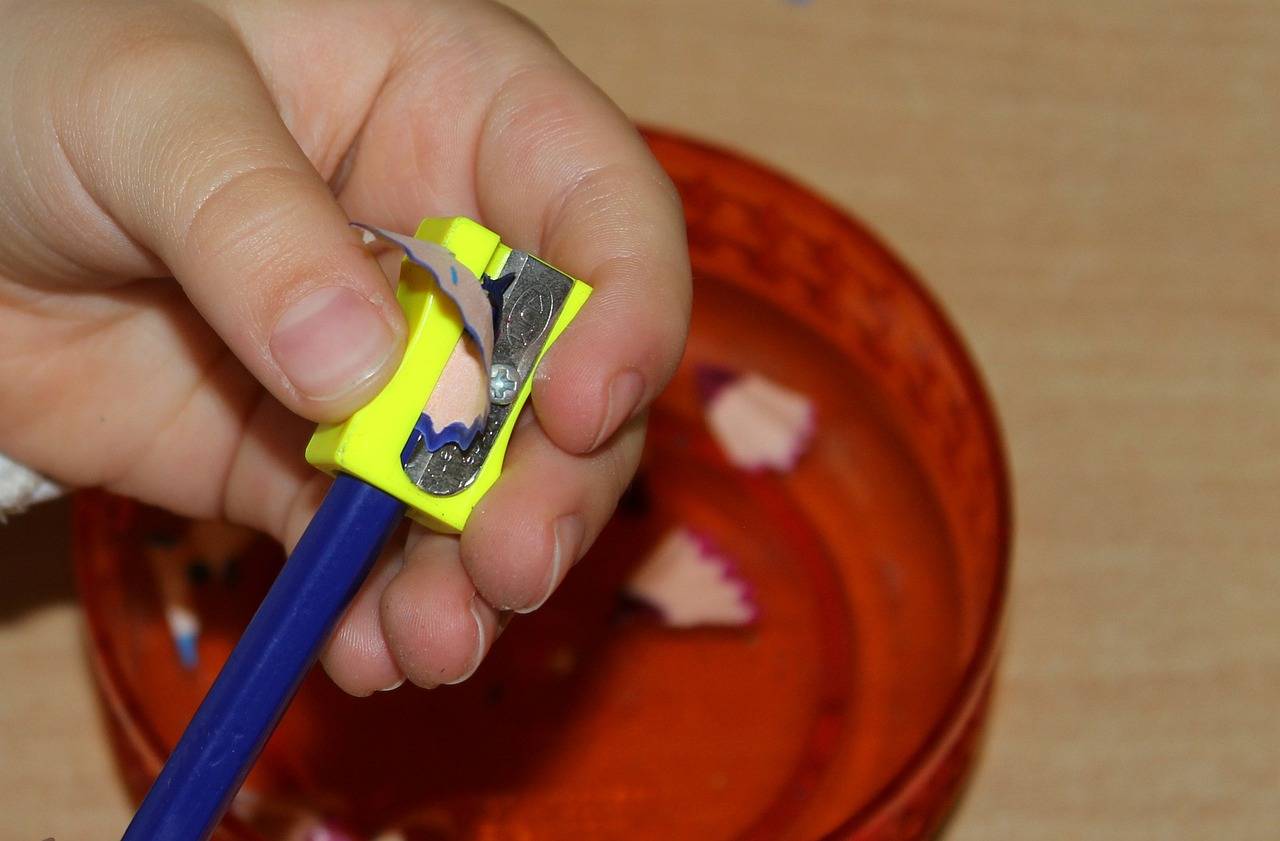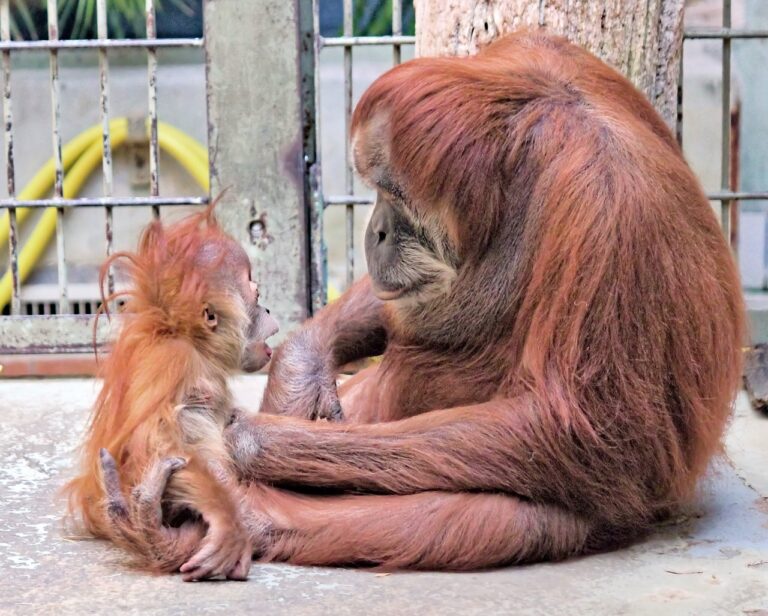Promoting Global Citizenship Education: Empowering Students to Become Responsible Global Leaders
Global citizenship education plays a crucial role in shaping individuals who are not only aware of their local communities but also understand their interconnectedness with the world. By incorporating principles of empathy, cooperation, and ethical responsibility, this form of education equips students with the tools to tackle complex global challenges effectively.
Moreover, global citizenship education fosters a sense of belonging to a larger global community, encouraging individuals to become active contributors to society on a global scale. By promoting inclusivity, tolerance, and respect for diversity, students learn to appreciate different perspectives and work towards creating a more harmonious and compassionate world.
Understanding Cultural Diversity and Inclusion
Cultural diversity encompasses the various beliefs, customs, practices, and perspectives that different groups of people hold. It is essential to acknowledge and respect these differences to create a more inclusive and understanding society. By recognizing and valuing cultural diversity, individuals can learn to appreciate the richness and complexity that comes from different backgrounds and experiences.
Inclusion is about ensuring that everyone, regardless of their cultural background, is given the opportunity to participate fully in all aspects of society. It involves creating environments where differences are celebrated and individuals feel welcomed and accepted. When we promote inclusion, we are fostering a sense of belonging and unity among diverse groups, leading to a more equitable and harmonious community.
• Cultural diversity encompasses the various beliefs, customs, practices, and perspectives that different groups of people hold.
• It is essential to acknowledge and respect these differences to create a more inclusive and understanding society.
• By recognizing and valuing cultural diversity, individuals can learn to appreciate the richness and complexity that comes from different backgrounds and experiences.
• Inclusion is about ensuring that everyone, regardless of their cultural background, is given the opportunity to participate fully in all aspects of society.
• It involves creating environments where differences are celebrated and individuals feel welcomed and accepted.
• When we promote inclusion, we are fostering a sense of belonging and unity among diverse groups, leading to a more equitable and harmonious community.
Developing Critical Thinking Skills in Students
Critical thinking skills play a crucial role in shaping students into well-rounded individuals who can navigate complex situations with confidence and accuracy. By honing these skills, students learn to analyze information objectively, evaluate different perspectives, and make informed decisions. Through fostering critical thinking abilities, educators empower students to approach challenges with a dose of skepticism, inquire deeply, and comprehend underlying issues with clarity.
Moreover, developing critical thinking skills in students equips them with the tools to handle the diverse and rapidly changing landscape of the modern world. In a society where information is abundant and often conflicting, the ability to think critically becomes a fundamental asset. Students who possess strong critical thinking skills are more adept at deciphering truth from misinformation, recognizing biases in arguments, and constructing well-reasoned responses. By cultivating these skills early on, educators nurture individuals who are not just passive recipients of knowledge, but active participants who question, analyze, and contribute meaningfully to society.
Why is it important to develop critical thinking skills in students?
Developing critical thinking skills in students is essential for their academic success, as it allows them to analyze information, solve problems, and make informed decisions. These skills are also crucial for their future careers, as employers value employees who can think critically and creatively.
How can global citizenship education help in developing critical thinking skills?
Global citizenship education exposes students to diverse perspectives and worldviews, which challenges them to think critically about global issues and their own biases. This helps them develop a more open-minded and analytical approach to problem-solving.
How does understanding cultural diversity and inclusion contribute to the development of critical thinking skills?
Understanding cultural diversity and inclusion encourages students to consider multiple viewpoints and perspectives, leading to more thoughtful and well-rounded analyses. It also promotes empathy and respect for others, which are important aspects of critical thinking.
What are some practical ways to develop critical thinking skills in students?
Some practical ways to develop critical thinking skills in students include encouraging them to ask questions, analyze information from multiple sources, and evaluate the validity of arguments. Teachers can also promote critical thinking through group discussions, debates, and real-world problem-solving activities.





